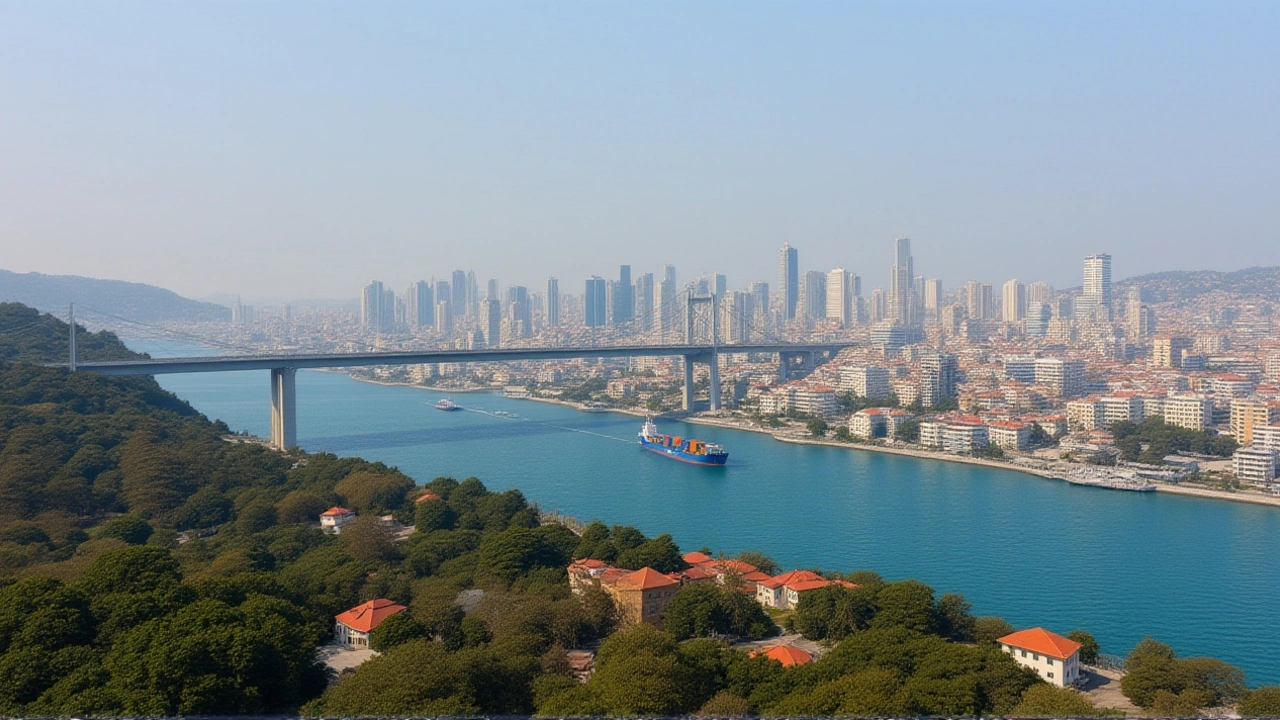
The History of the World Cup
The FIFA World Cup is an international football competition contested by the senior men's national teams of the members of Fédération Internationale de Football Association (FIFA), the sport's global governing body. The tournament has been held every four years since its inception in 1930, except for 1942 and 1946 when it didn't take place due to World War II. It has evolved from a humble 13-team event in Uruguay to a global tournament that involves 32 teams from all corners of the world. The competition takes place over the span of a month and is considered the most prestigious tournament in football.
Global Participation
The World Cup is one of the few truly global sports events that captures the hearts and minds of people around the world. The tournament brings together teams from every continent, with qualification matches taking place over the span of three years leading up to the main event. The 2018 World Cup in Russia saw 32 teams from five confederations compete, including 14 from Europe, 5 from Africa, 5 from Asia, 3 from North America, and 5 from South America. The diversity of the participants, both in terms of geography and culture, makes it a truly global event.
The World Cup's Economic Impact
The World Cup is more than just a football competition; it's a major global economic event. Hosting the World Cup can have a significant impact on a country's economy, with increased tourism, job creation, and infrastructure development. For instance, the 2014 World Cup in Brazil generated an estimated $30 billion in revenue. However, the economic benefits are not solely confined to the host country. The global broadcasting rights, sponsorship deals, and increased sales of merchandise also contribute to the global economy.
Uniting Cultures and Nations
The FIFA World Cup is not just about football; it's also about bringing people together. The tournament provides a platform for people from different cultures and nations to come together and celebrate their shared love for the sport. The World Cup creates a sense of unity and camaraderie among fans, transcending political, cultural, and geographic borders. The event is often associated with displays of nationalism, but it also promotes internationalism and multiculturalism.
Challenges and Criticisms
Despite its global appeal and impact, the World Cup isn't without its share of criticisms and challenges. Issues such as corruption within FIFA, the use of public funds for stadium construction, and concerns over human rights abuses in host countries have marred the tournament's reputation. Additionally, the competition's expansion to 48 teams in 2026 has raised concerns about diluting the quality of the football and making the tournament unwieldy. Despite these issues, the World Cup's allure remains undiminished for millions of fans around the world.
In conclusion, the FIFA World Cup is not just a global event in the sense of its worldwide audience and participation, but also in its cultural, economic, and social impacts. It's a phenomenon that transcends the boundaries of sport, touching lives and shaping societies. Despite its challenges, it remains a unifying force that brings people together from all corners of the globe.




